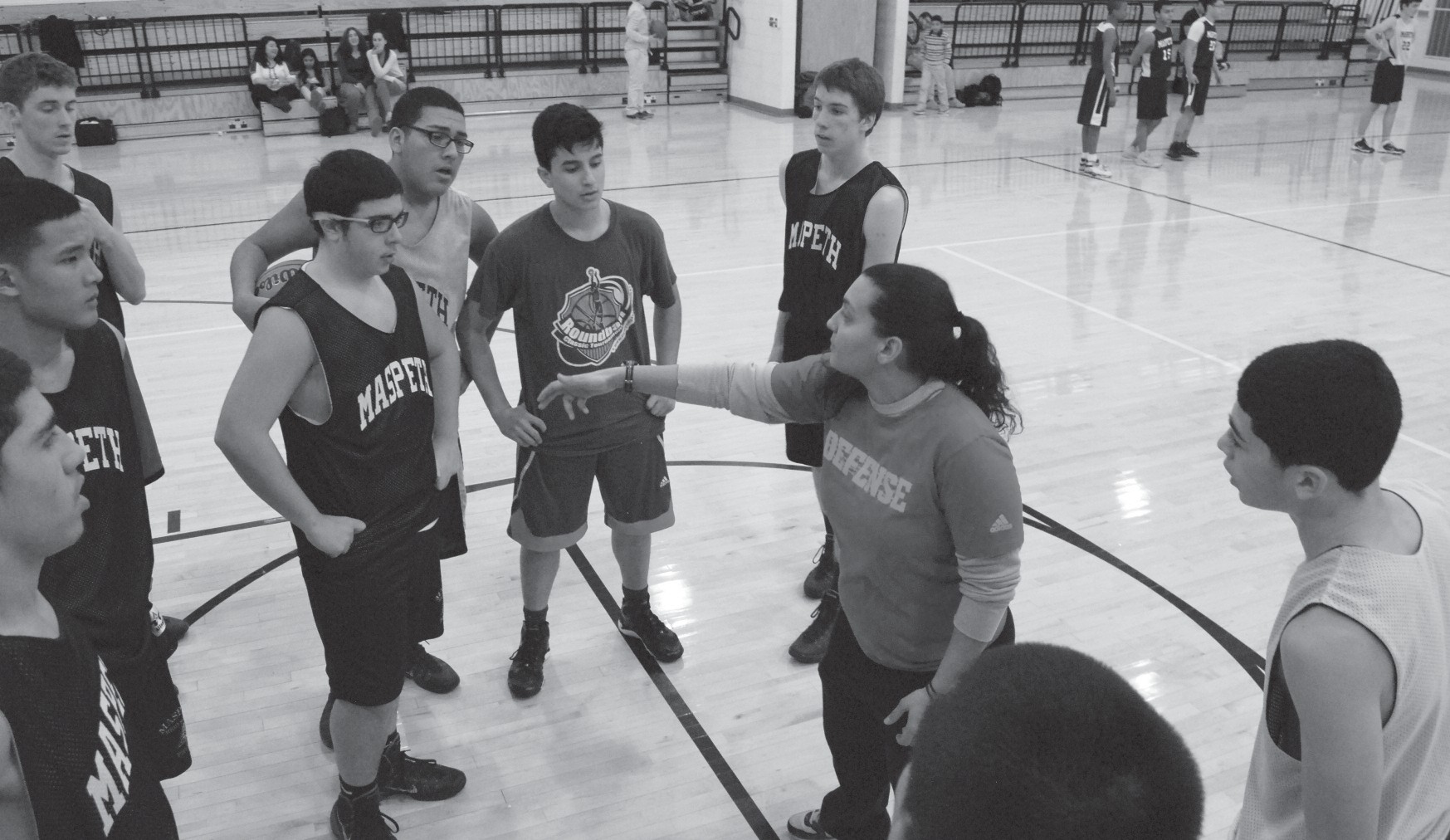Disability Benefits For What (Severely) Ails You
The month of February is a time to recognize a number of unfortunate ailments that disable and take the lives of too many people.

February is American Heart Month, focusing on heart disease and how to prevent it. Every year more than 700,000 Americans have a heart attack and about 600,000 die from heart disease-making up about a fourth of the nation’s deaths. National Wear Red Day, Feb. 7, also focuses on heart disease-the No. 1 killer of women.
Feb. 4 is World Cancer Day, a chance to raise our collective voices in the name of improving knowledge about cancer. Feb. 14 is National Donor Day, encouraging everyone to become an organ donor, giving the ultimate Valentine to someone in need.
These awareness campaigns remind us how critically important Social Security disability benefits are for people with severe disabilities and their families.
Many people do not like to think about disability. However, the onset of disability is unpredictable and can happen to anyone at any age. The unfortunate reality is that one in four 20-year-old workers become disabled before reaching retirement age. When severe illness or injury robs a person of the ability to work and earn a living, Social Security disability benefits can provide a critical source of financial support at a time of need.
When you work and pay Social Security taxes, you earn credits. These credits count toward retirement, survivors and disability benefits. The number of credits you need to qualify for disability benefits depends on your age, and some of the work must be recent.
For example, the younger you are the fewer credits you need to have. For most people, you need to have worked at least a total of 10 years, but if you are younger, you may qualify with as little as a year and a half of work.
You don’t need to have had a heart attack, organ transplant, or cancer to qualify for disability benefits. However, you must have a disability that is severe enough to render you unable to work and that is expected to last a year or longer, or result in death.
If you have such a disability, you should start your application now. That’s because it takes time to determine whether you qualify for benefits. It usually takes three to four months for a medical decision from the state agency that evaluates your condition.
If your application is approved, your first Social Security disability payment will be made for the sixth full month after the date the state agency determines that you qualify for disability benefits. For example, if the state agency determines you qualify for disability benefits effective Jan. 15, your first disability payment would be paid for the month of July. (Your July payment would be received in August.)
It’s in your best interest to do everything you can to help speed the process. The best first step is for you to read our online publication, Disability Benefits, at www.socialsecurity.gov/pubs. It will tell you all about the process, including the information you will need to apply for benefits.
Then, take advantage of our online disability starter kits. We have one starter kit for children and one for adults, and both are available in English and Spanish. The starter kit will help you get ready for your disability interview or online application and provides information about the specific documents and the information that we will request from you. You will find the starter kits on our disability website at www.socialsecurity.gov/disability, under Apply for Benefits.
Once you complete your online disability starter kit and you’re ready to apply, the most convenient way to accomplish this is also online. Visit www.socialsecurity.gov/applyfordisa bility to begin.
The olympians of Social Security
While the eyes of the world focus on the XXII Winter Olympics in the resort town of Sochi, Russia this month, we’d like to bring your attention to another worthy focal point: Internet safety.
Feb. 11 is Safer Internet Day. If there were an Olympic event for safe Internet transactions, we believe the Social Security Administration would be in the running for a gold medal. We take Internet security seriously. After all, Security is our middle name.
What are some of the convenient, safe, and secure things you can do online at www.socialsecurity.gov?
You can get a personalized estimate of your future benefits using our Retirement Estimator. Apply for retirement or disability benefits. If you don’t plan to retire but you want to apply only for Medicare at age 65, you can do it online. You can even establish and maintain a my Social Security account at any age to access all your personal Social Security information at any time convenient for you. All of these things can be done in minutes, and you don’t have to worry about security issues. On Safer Internet Day and every day, your information is secure with us.
If you’ve experienced a safe, convenient service at our website, why not share the experience at our social media hub?
Of course, you’ll want to be careful not to post any personal identifying information, such as your Social Security number. But whether you want to spread the word about Safer Internet Day or share an experience you’ve had dealing with Social Security, we encourage you to join us on Facebook, Twitter, YouTube and Pinterest. You’ll find these connections, along with the ability to get email updates, view the photo blog, join webinars and more at our social media hub. Just visit www.socialsecurity.gov/socialmedia.
The next Olympic event is about to begin in Sochi. But remember that the Social Security Administration gets a gold medal when it comes to safe transactions on the Internet. Security is our middle name.

































